Will Work For Free (2013)
The film explores the potential for automation in every sector of employment and questions the integrity of our methods of resource distribution going into the future.
The film explores the potential for automation in every sector of employment and questions the integrity of our methods of resource distribution going into the future.
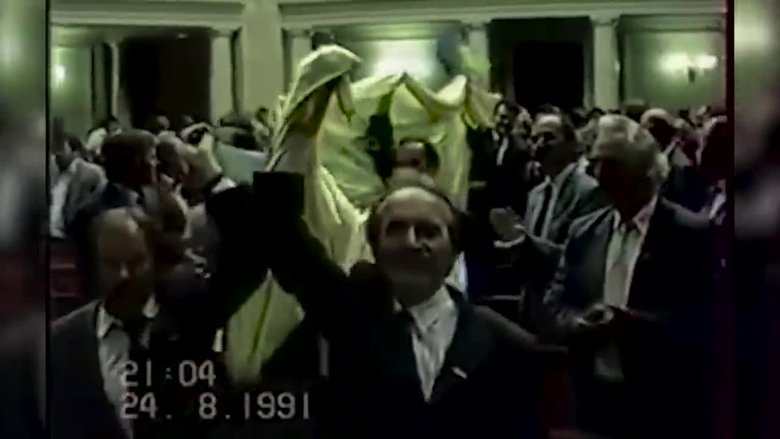
36 year old welder Karin works at an agricultural factory in Mecklenburg, Germany.
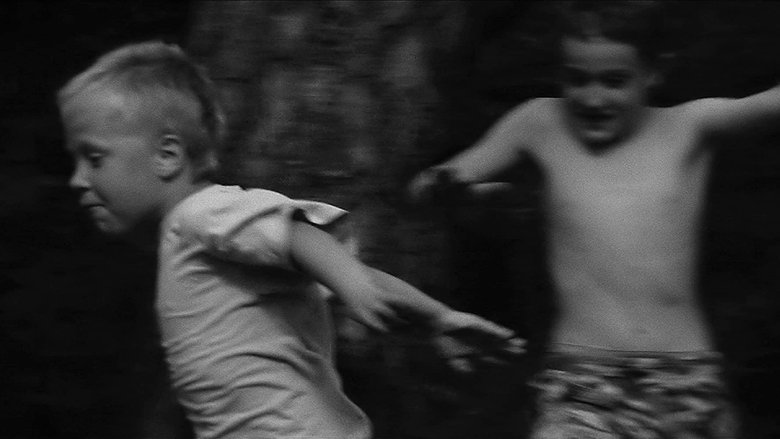
In Bettina Büttner’s exquisitely lucid documentary Kinder (Kids), childhood dysfunction, loneliness, and pent-up emotion run wild at an all-boys group home in southern Germany. The children interned here include ten-year-olds Marvin and Tommy. Marvin, fiddling with a mini plastic Lego sword, explains matter-of-factly to the camera, “This is a knife. You use it to cut stomachs open.” Dennis, who is even younger, is seen in a hysteric fit, mimicking some pornographic scene. Boys will be boys, but innocence is disproportionately spare here. Choosing not to dwell on the harsh specifics, Büttner reveals the disconcerting manner in which traumatic episodes can manifest themselves in the mundane — a game of Lego, Hide and Seek, or Truth or Dare. Filmed in lapidary black-and-white, Büttner’s fascinating film sheds light on childhood from the boys’ characteristically disadvantaged perspective — one not yet fully cognizant — leaving much ethically to ponder over.
Life is composed of seven-tenths work, one-tenth familial, one-tenth political and one-tenth relaxation. Here, the, is Scientology applied to that crucial seven-tenths of existence. Based on L. Ron Hubbard's book, The Problems of Work: Scientology Applied to the Workaday World, here is a visual presentation of the landmark discoveries contained in the book for immediate application. The Problems of Work contains the senior principles and laws which applie to every endeavor, every problem of work. For they are the discoveries which lay beare the core of these problems and explain the very fabric of life itself. Contained within this film is not only technology to bring stability to the workplace, but the magic processes to return joy itself to all of life. For this is Scientology.
Common sense says you can't make a living in America playing avant-garde improvisational jazz. But Ken Vandermark does it anyway. Among musicians, Vandermark's work ethic is almost mythic. The Chicago reed player has released over 100 albums with nearly 40 ensembles, spends over eight months per year on the road, and lives every other waking moment composing, arranging, performing—and trying to discipline his two hyperactive canines. Though Vandermark was the recipient of a 1999 MacArthur genius grant, he still spends most of his life in smoky clubs and low-budget recording studios, hoping people will plunk down hard-earned cash to hear his wholly non-commercial music. Following the artful cinéma vérité style of the internationally acclaimed Sheriff (Work Series #1), Musician (Work Series #2) forgoes all interviews and voice-overs. It is a fly-on-the-wall time capsule that expertly captures every subtle sound and texture of this most American of art forms.
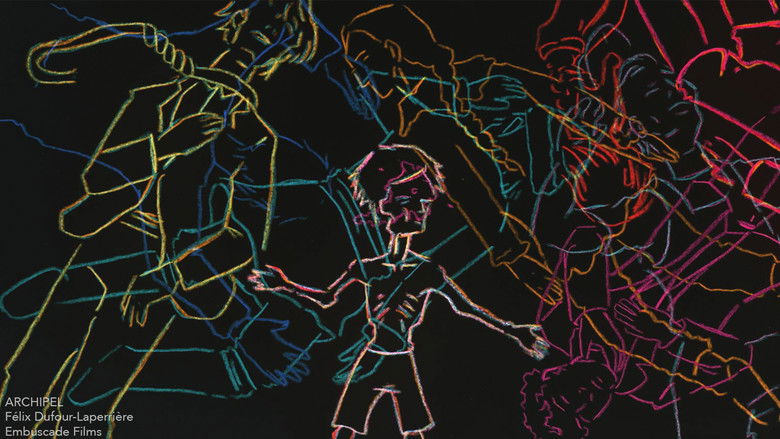
A true animated film about invented islands. About an imaginary, linguistic, political territory. About a real or dreamed country, or something in between. Archipelago is a film of drawings and speeches, that tells and dreams a place and its inhabitants, to tell and dream a little of our world and times.
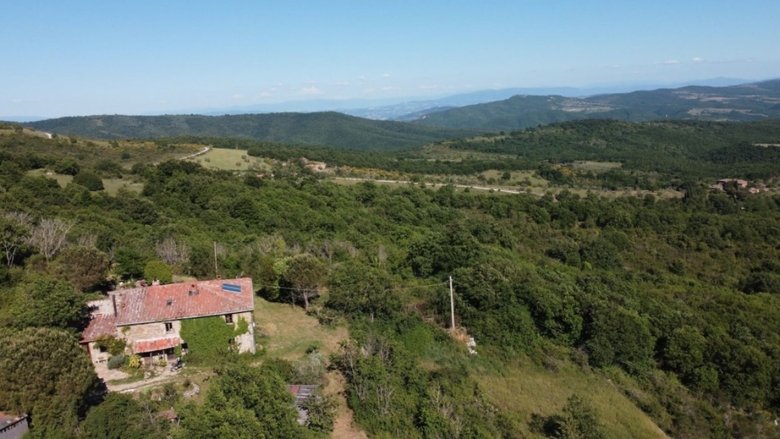
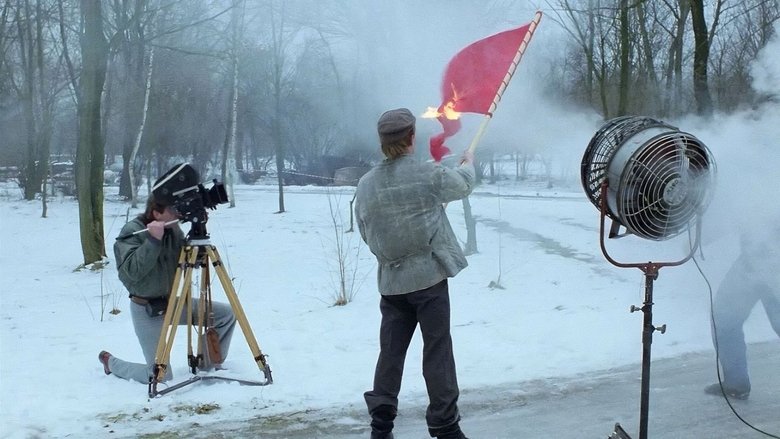
Germany in Autumn does not have a plot per se; it mixes documentary footage, along with standard movie scenes, to give the audience the mood of Germany during the late 1970s. The movie covers the two month time period during 1977 when a businessman was kidnapped, and later murdered, by the left-wing terrorists known as the RAF-Rote Armee Fraktion (Red Army Fraction). The businessman had been kidnapped in an effort to secure the release of the orginal leaders of the RAF, also known as the Baader-Meinhof gang. When the kidnapping effort and a plane hijacking effort failed, the three most prominent leaders of the RAF, Andreas Baader, Gudrun Ensslin, and Jan-Carl Raspe, all committed suicide in prison. It has become an article of faith within the left-wing community that these three were actually murdered by the state.

A portrait of a group of youngsters in Agger at the west coast of Jutland. They listen to the raw metalrock. They dress in leather and rivets. And that doesn't exactly lessen the generational divide.
Bill Moyers takes a piercing look at how global economic changes are destroying the lives and livelihoods of hardworking Americans. The documentary follows several individuals and their families in Milwaukee, Wisconsin, as they fight to make ends meet in the “new economy.” In sheer numbers, more jobs were created than lost in America during the last decade, but a look behind those numbers reveals a shortage of jobs that pay enough to support a family. The program intimately portrays the lives of workers and their families as they struggle to make it in today’s job market.
Castiglione d'Otranto, in the South of Italy. A group of thirty-year-olds no longer accept that the solution to the economic, ecological and political problems of the territory is always "to leave". They propose to the villagers who own pieces of uncultivated land, often felt as a burden, to put them in common. They decide to stay, to link their lives to the land and to invest in a value: being together. Castiglione becomes the village of restance. They cultivate ancient seeds and local biodiversity, they make decisions together, they develop a local economy. Accepting the shadows of the past, another potential of the place is rediscovered.
Narratives are tales that unintentionally define our personality. In the case of women, being beautiful is the only way. The film shows how we learn to be obsessed by the visual itself, and how the highest compliment to a woman is always beauty.
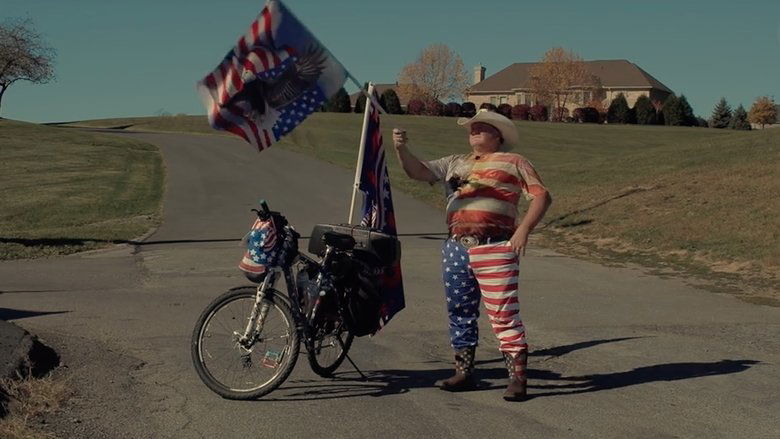
Why do people vent such toxic opinions online? Filmmaker Kyrre Lien spent three years travelling the world to find out who these anonymous ‘internet warriors’ are and why they do it.

As clichés go, in 1999 the World as we knew it was about to change - and we'd been expecting it. Since childhood we'd been promised that the 21st century would bring us dramatic new technologies like flying cars and Utopian cities. Instead it bought us the smart-phone, social media, and virtual societies. And as it turns out these technologies began to transform society almost as dramatically as the moon colonies we'd been expecting. Now over a decade into the revolution, 'DSKNECTD' explores how digital communication technology is profoundly changing the way we interact and experience each other - for the good and for the bad.

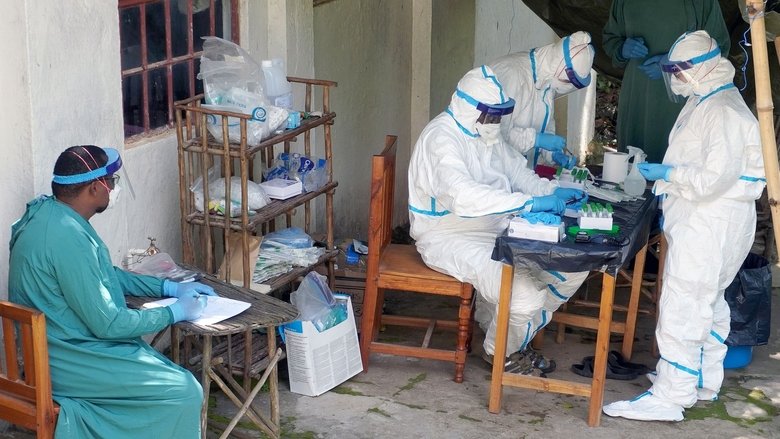
How can we prevent epidemics? Why do viruses and bacteria move? Rather than trying to contain epidemics one after another, why not stop the processes that encourage their emergence? The challenges are enormous, but scientists argue that solutions exist. Because if emerging diseases are the collateral consequences of our lifestyles, our lifestyles are under our control.
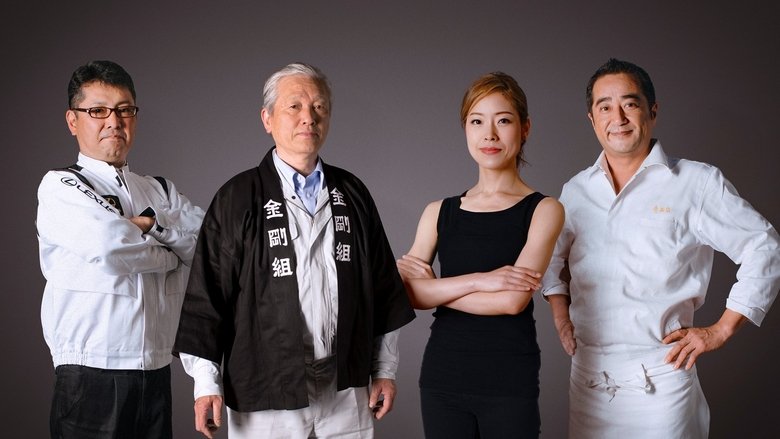
There is a popular theory that it takes at least 10,000 hours of focused practice for a human to become expert in any field. In Japan, there are craftspeople who go far beyond this to reach a special kind of mastery. These people are called Takumi and they devote 60,000 hours to their craft. That's 8 hours a day, 240 days a year, for over 30 years. It's an almost superhuman level of dedication to a life of repetition and no shortcuts. This film asks the question: Will human craft disappear as artificial intelligence reaches beyond our limits?
You've never heard of Jonathan Hoefler or Tobias Frere-Jones but you've seen their work. They run the most successful and respected type design studio in the world, making fonts used by the Wall Street Journal to the President of the United States.